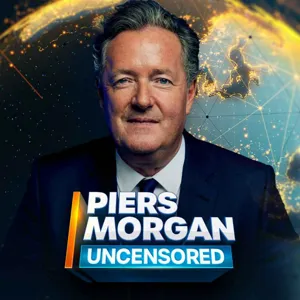Why would you cut tax and raise the same tax at the same time? That’s been the slightly baffled response from many people to Rishi Sunak’s Spring Statement.
Effectively, the Chancellor both cut and raised National Insurance – lifting the threshold it is paid at but ignoring calls to 'spike the hike' and ploughing ahead with the 1.25 per cent being added to rates.
Bizarrely, the tax rate goes up in April, only for the threshold to rise and reduce bills shortly afterwards in July. And we wonder why people find tax taxing?
On this week’s podcast, Georgie Frost, Lee Boyce and Simon Lambert dive into the detail of the Spring Budget to explain what the NI hike / cut means for you.
Depending on their earnings some will be in the group paying more than now and some will pay less?
The team also look at the other measures in the Spring Statement and whether a 5p petrol duty cut and some money off solar panels really cuts the mustard in the face of a cost of living crisis.
The Office of Budget Responsibility also had some bad news for us: inflation is tipped to hit almost 9 per cent, energy bills are likely to rise another 40 per cent or so, and there’s the not so trivial matter of the biggest fall in living standards since records began in the 1950s. How bad will this feel?
Away from the Spring Statement, the podcast looks at what’s going on with building costs and how to try to get the best quote from a builder, stick to a budget and protect against price rises.
And finally, you might not go fully down the secretive POA (price on application) route when selling your home, but should you name an asking price, guide price, or ask for offers over a certain amount? Georgie, Lee and Simon dabble with a bit of estate agentese





